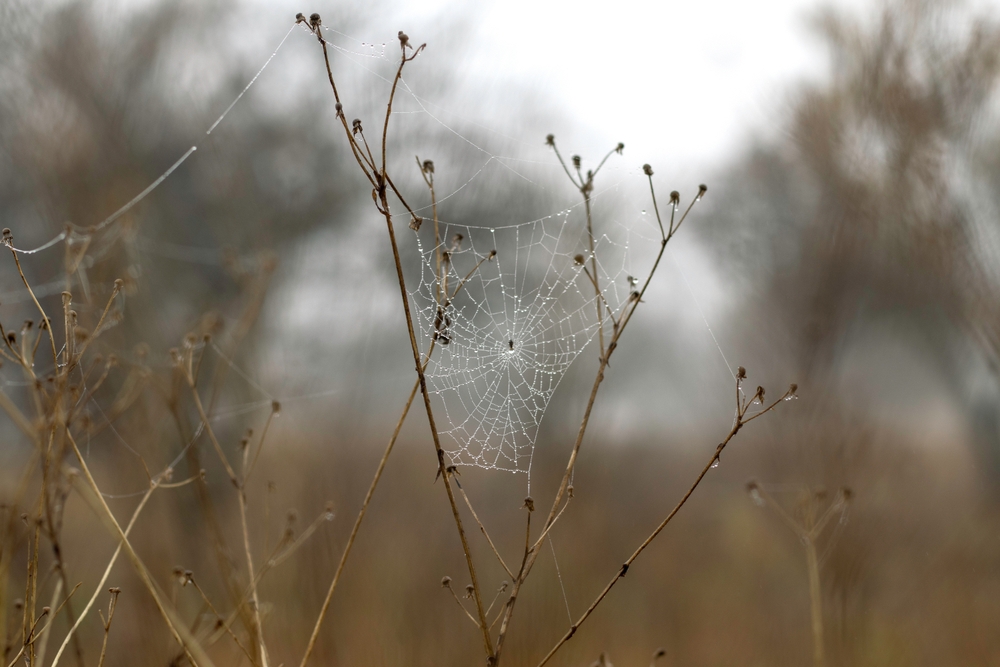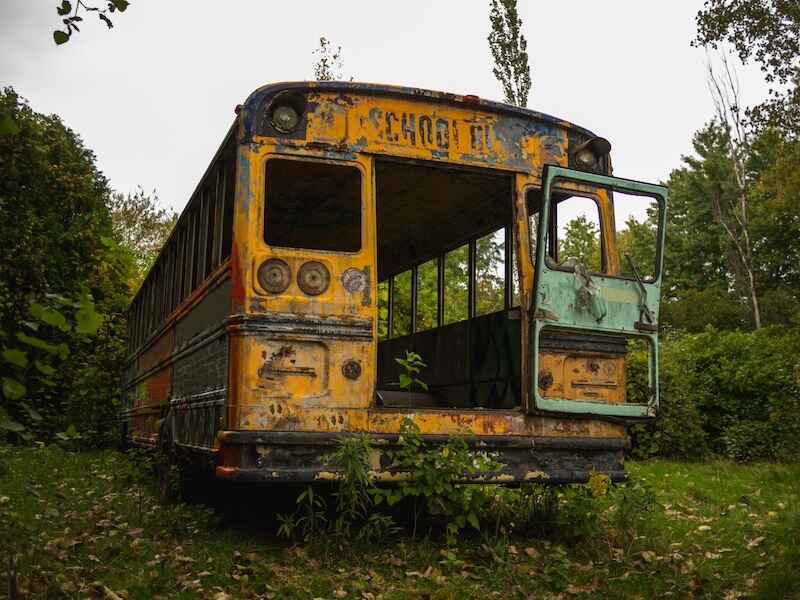Why We Need a Wild West in the Markets
Joel Salatin|February 14, 2023

A Note From Amanda: Rules and regulations… and permits and licenses… are supposed to protect consumers from unsavory players. But as Joel argues below, those guardrails do more harm than good. He explores what our economy would look like if we instead adopted a wild west mindset. See why he’s in favor of chaos below.
What if we didn’t have building inspectors?
What if doctors didn’t need licenses?
What if plumbers and electricians didn’t need licenses?
What if cosmetology licenses didn’t exist?
What if food inspection agents didn’t exist?
What if teachers didn’t need certificates?
Asking these questions is like asking why we need an Internal Revenue Service. Most people can’t imagine that, for a long time, our nation got along quite well without any of these systems of permissions or inspections.
Schools functioned. Buildings stood upright. Folks got their hair cut. People received medical care.
In fact, the nation functioned quite well without a national income tax too.
The problem with freedom is that when you have it, you assume that’s normal. When you don’t have it, you also assume that’s normal.
We humans have incredibly short memories. The easiest thing is to go with the flow… to not question the status quo.
When I bring these kinds of questions up to folks, they generally stand there dumbfounded, like I’m from Pluto. The most common first reaction is, “You can’t be serious.”
That implies I must be some sort of nut case to suggest a world could exist without all these licenses and permits.
When I say I’m serious, the next response is, “Do you want to go back to the Wild West?”
My “yes” yields more incredulity.
“Everything would be chaos!”
Few and far between are the people who prefer the Wild West to bureaucracy. Sure, the Wild West had its rough edges, but it created the ultimate form of meritocracy.
No Reputation
Today’s culture is fixated on equality… not of opportunity but of outcome. Enforcing rules that promote racial, economic and performance equality is a natural outgrowth of our systems of licenses and permits.
If I can’t cut hair until I’ve been to the proper school to learn how to cut hair, few people will get a wild west-style haircut. New and creative techniques aren’t taught in cosmetology schools. “This is how we do it” is the mantra.
I won’t get into the corruption and politicization of licensing agencies, especially in the food industry (this time). But this interventionist strategy denies the marketplace a meritocracy based on reputation.
Back in the old days, how did people know who the good doctors were? By reputation. How did people know who the best housebuilders were? By reputation.
Before the days of permits and licenses, before the days of government approval, artisans had to be personally excellent to be successful. Scuttlebutt went far in weeding the charlatans and dubious practitioners out of the marketplace.
But as soon as a government stamp indicates that something has credibility, consumers become lax in their vetting processes.
Theoretically, if government oversight were pure as the wind-driven snow, this wouldn’t be a problem.
But people are political. We form friendships and alliances and make enemies. Any system built on human intervention will necessarily migrate toward a political arrangement that generally incentivizes team players.
But if you want innovation, you don’t want team players. You want people who break the rules, people willing to step into the lunatic fringe.
That’s where creativity lives.
Permits, then, cause us to lose two things. The first is reputational discernment, whereby people do their own sleuthing and vetting to find excellent practitioners.
The second is innovation. Does innovation carry risk? Of course, but you can’t have progress without risk. Progress inherently requires engaging with the unknown, and the unknown inherently carries risk.
Bring on the Chaos
When Virginia meat and poultry inspectors tried to close down our open-air chicken processing business, they alleged that such a simple shed yielded unsafe chicken.
A real-time, side-by-side bacteria culture comparing our chicken to chlorinated, government-inspected supermarket chicken, however, showed a 25-fold difference in bacteria counts.
Not 25%… 25 times fewer bacterial colonies.
Wouldn’t you think the food police would want the rest of the industry to replicate that kind of performance?
No. It didn’t faze them. That we had figured out how to be 25 times cleaner than the industry had no merit whatsoever.
This is the nature of permitting agencies, and its effects are everywhere.
Lovers of big government respond to this kind of thing with a shrug and a suggestion that “we just need better agencies.”
But that denies human nature and instead allows the perverse incentives of government oversight.
In a wild west environment, our open-air chicken processing would quickly become the norm because the results of these empirical tests would find their way to the eyes and ears of consumers.
But a USDA stamp lulls consumers into believing that credible experts have verified a product’s integrity. Nobody sees or cares what some yokel in a rural hovel has figured out.
If a builder’s house collapses because he’s negligent or incompetent, he won’t build many houses. If a doctor can’t help people get better, his practice will soon fail. If students in a classroom don’t learn, their teacher won’t be teaching for long.
Offering services and products guaranteed only by reputation may create a bit of a messy system, but in the end, it’d be no messier than our current system of politicized, regimented and corrupt government oversight.
I’ll take the wild west – where reputation is what matters – over the straitjacket in which our society currently lives any day.
Some chaos might do us all some good. That’s the only way to create a truly innovative meritocracy.
Sincerely,
Joel

Joel Salatin
Joel Salatin calls himself a Christian libertarian environmentalist capitalist lunatic farmer. Others who like him call him the most famous farmer in the world, the high priest of the pasture, and the most eclectic thinker from Virginia since Thomas Jefferson. Those who don’t like him call him a bioterrorist, Typhoid Mary, a charlatan, and a starvation advocate. With a room full of debate trophies from high school and college days, 12 published books, and a thriving multigenerational family farm, he draws on a lifetime of food, farming and fantasy to entertain and inspire audiences around the world.



